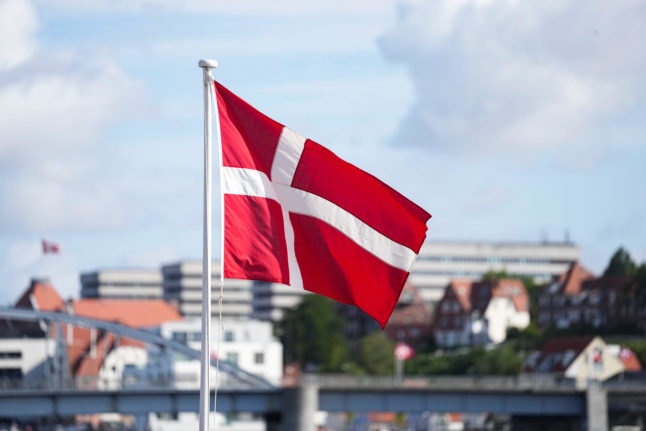What is Janteloven?
It is a social code used across Scandinavia which puts emphasis on collective accomplishments rather than individual achievements.
“Janteloven is not something we think about, but it subtly influences attitudes towards behaviour that are perceived as bragging or excessive self-promotion,” Helle Bundgaard, Associate professor of Anthropology at the University of Copenhagen, told The Local.
Where does Janteloven come from?
Danish-Norwegian author Axel Sandemose wrote a novel in the 1930s called ‘A Fugitive Crosses His Tracks’ (En flygtning krydser sit spor). The author was satirising what it was like in a Scandinavian small town, which he named Jante. In the novel, the town wants people to be modest, find pleasure in the ordinary and be part of the collective rather than focused on the individual.
“Although Janteloven is not part of the formal educational curriculum in Denmark, high school students often become familiar with it through Sandemose’s work,” Bundgaard explained. In the book the author wrote these ten rules:
1. You’re not to think you are anything special.
2. You’re not to think you are as good as we are.
3. You’re not to think you are smarter than we are.
4. You’re not to convince yourself that you are better than we are.
5. You’re not to think you know more than we do.
6. You’re not to think you are more important than we are.
7. You’re not to think you are good at anything.
8. You’re not to laugh at us.
9. You’re not to think anyone cares about you.
10. You’re not to think you can teach us anything.
How is Janteloven taught today?
“Those ten rules are not written out in a lesson, nobody tells you this, it’s just how we act with each other. You can sum it all up in one rule, which is, you’re not supposed to think you’re better than others. That is a cultural marker for the Danes,” Mette Bærbach Bas, an author specialising in Danish culture, explained to The Local.
“Everybody has to be on the same level, so if someone sticks their neck out, it will be pushed back in. It’s a way to make everybody feel ok because if I show everyone how rich or good or successful I am, then other people will feel bad and we don’t like to make other people feel bad, or feel bad ourselves. It’s about having an equal marker, whenever you show up, people will respect you,” she added.
The notion of being on the same level starts in the early years, where children are rewarded for being a good friend or helping others, rather than by academic results.
“Danish schools today are very focused on how the child feels, not how they are performing. That is actually part of the result of Janteloven; we don’t want to make others feel bad by showing off. It’s a way to regulate how we make others feel and how we feel with each when we compare how we perform,” Bærbach Bas said.
Is Janteloven popular?
“It’s not that popular. I think psychologically it’s not a nice feeling to be told you shouldn’t stick your neck out, if you’re really proud of what you did and the other person says, ‘yeah but don’t be too happy’. I believe every single Dane has experienced that – being told not to brag when they are proud of themselves.
“My personal view is that if we all have to be average, you’re not encouraged to go above that middle line when you are gifted at something. I have seen that with my daughter at school. It’s also a problem at work. If you get a good result, you have to be very modest but that makes it hard for others to be inspired by the achievement. We’re not used to people that shine and that’s the biggest factor of Danish culture,” Bærbach Bas explained.
Why does Janteloven still exist?
“When you look at our population in Denmark, we have a large percentage of middle class and a very small percentage of rich and poor. So we have seen that being in the middle is good and it has brought us to a good place as a country,” Bærbach Bas said.
“I think one of the reasons we are a happy nation is because we don’t envy our neighbours because they have the same or almost the same as us.
“So we relate being in the middle to giving us a lot of security and trust in society. But then we attach the feeling of ‘don’t be too good’ to the risk of losing all that. Maybe it’s a question of not risking what you have to be more than average,” she added.



 Please whitelist us to continue reading.
Please whitelist us to continue reading.
Member comments